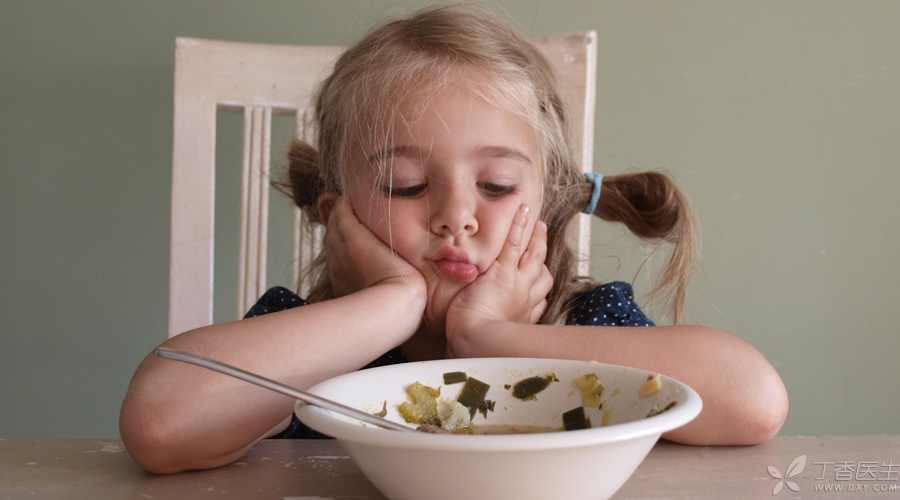
Eat up all the vegetables before you can eat ice cream after dinner?
Take away the chocolate without tidying up the toys?
Are you still taking candy, biscuits, drinks, etc. as rewards for bribing children to do [good]? Or as a means of punishment?
As a mother of two children, I can honestly admit that this method really works, and children are also very useful. However, as a professional nutritionist, I am responsible to tell you that in the long run, this method is a capital [mistake] for cultivating children’s healthy eating habits, and will offset the usual hard teaching in minutes.
It is easy to eat too much calories and grow into a small fat man.
It is not easy for children to know that food is the source of energy, nor do they know how food affects their energy, attention and exercise performance.
Candy, biscuits, sugar drinks, These [reward] foods are often high in calories and very low in nutrient content. The most direct nutritional consequence is to lead to excessive intake of calories, added sugar and fat. Over time, children’s self-regulation ability will gradually be disturbed and abnormal: they will expect [beautiful] candy to appear when they do the right thing instead of hunger. Even if you are not hungry, you will want to eat and consume extra unnecessary calories.
However, if [the food on the plate must be eaten clean] is taken as a punishment, they will continue to eat when they are not hungry. Children will ignore and cannot correctly feedback their real feelings of hunger or satiety.
Food is [deified] and [demonized]
Food as a reward, It will be deified virtually. Children will feel that, These foods are more advanced, more attractive and better, and build positive emotional feedback. When you have the right to make your own choices, you will be more inclined to choose these foods than healthier ones. Unconsciously, you will form the habit of “eating more sweets if you want to be in a good mood”. As a parent, are you also familiar with this psychology and a little annoyed? It means that you may have been cheated by your parents when you were a child.
And in similar [after eating carrots, In a situation like this, While raising the status of the cake to a high level, Down the value of carrots, It will be misunderstood by children as: carrots are an obstacle to getting more [advanced] food. Under compulsion, healthy and nutritious food is associated with negative emotions, which will become not delicious and will be [demonized] and rejected unconsciously. However, unwitting family members may secretly happily and successfully let children eat up vegetables.
Parental Information Contradictions
When parents teach their children the classification of food, they should tell them that some foods provide energy and nutrients to the body and need to be eaten more. Eating too much food may be bad for your health and you need to eat less.
However, if we tell our children to eat more foods with high nutritional value, they will be in good health, but we regard them as obstacles to getting [reward food]. At the same time, it also tells children that food with low nutritional value is not conducive to good health, but it also encourages children to enjoy it as a reward when performing well. Is there something wrong?
These contradictory messages from parents will make children feel confused and at a loss. Such teaching is very detrimental to their healthy relationship with food.
Need to find suitable non-food rewards
Therefore, parents and friends should spend more time paying attention to their children’s interests and hobbies. It is not difficult to find out the non-food rewards that can motivate them. If children are old enough to express their opinions, it will be more direct and effective to brainstorm out the reward mode together. Here are some examples for reference.
-
Oral praise, the skill is to come from the heart, poke the children’s points and match the exaggerated expression.
-
Pencils, erasers, small stickers, etc., don’t buy them as usual, but keep them as rewards.
-
Special time with parents or grandparents, listening to music or playing puzzle games (flying chess, Monopoly, etc.), etc.
-
Go to the bookstore or library to choose your favorite books and have extra storytelling time.
-
Invite friends to play at home or even spend the night.
-
When eating, choose your favorite position on the dining table and decide who to sit with.
-
Go to the park, swimming pool, skating rink, bowling alley or watch movies.
Do you want to do this when you meet difficult relatives and friends?
There is also a common situation: maybe you have already established a complete and effective non-food management mechanism at home, but it is inevitable that relatives or friends will still give candy rewards to children, right?
At this time, parents should not be too nervous: just take your children to accept it and thank them. Pay attention to make clear the truth to your children before or after the event, and help them to establish the belief that food rewards are not as precious as going to the park or playing sports with their families.
